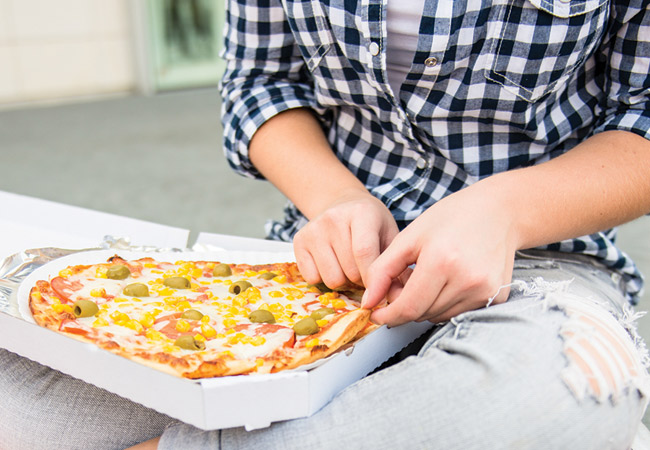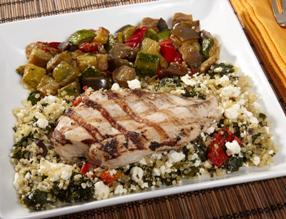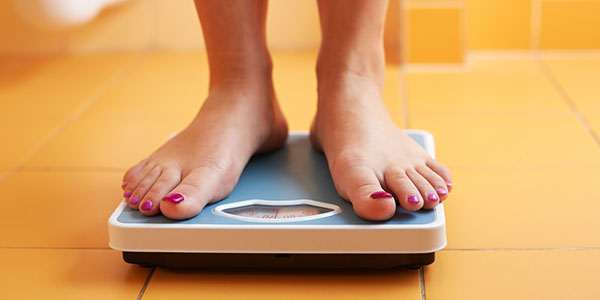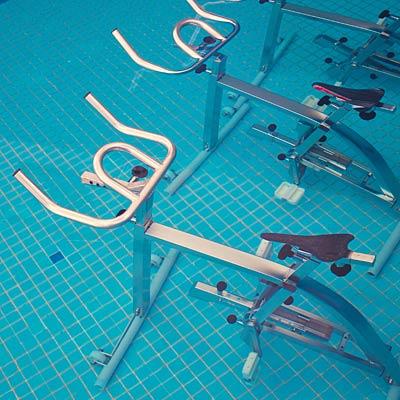The effects of a calorie-restricted diet
Ever wondered how dieting affects your body? Calorie restriction can cause low energy levels and a metabolic slump.

"We've known for quite some time now that when people dramatically reduce the number of kilojoules they eat, their basal energy – the energy just to fuel basic body functioning – reduces," says Professor Timothy Gill, a principal research fellow at Sydney University's Boden Institute of Obesity, Nutrition, Exercise and Eating Disorders.
Always feel cold?
"One of the first non-essential processes it shuts down is the production of body heat. This is one of the reasons why people often complain of feeling the cold more keenly on a kilojoule-restricted diet. It is an indicator that you are burning less energy.
This is often called the 'starvation response' because as you eat less food, your body stops using as many kilojoules. It becomes more 'efficient', because it shuts down any processes that are not essential to life."
That's why restrictive eaters often reach a plateau after initial weight loss. "Because your body has adapted to lower kilojoules by cutting some functions, when you return to eating more kilojoules, you are at greater risk of gaining weight because your body remains in that slower energy-burning mode, sometimes for lengthy periods of time," Gill explains.
Enter reverse dieting, which basically flips the restriction method on its unhinged head.
Increase food gradually
The key to avoiding weight gain when increasing food intake is increasing gradually. "Gauge how your body is responding to the change and increase your kilojoules every week by 500 or more until you are back up at a higher kilojoule intake," advises McGrice.
Think an extra piece of toast at brekkie, bacon with your eggs or even a glass of vino with dinner.
"Whether you increase your intake to around 7,000 or 8,000 kilojoules or a little higher, to around 8,700 (considered the average intake needed by most adults), will depend on factors like how sedentary you are, and if you exercise, what the intensity and duration of your fitness regime is," she adds.
Whatever increment you choose, don't take it as licence to gorge on dessert. Favour nutrient-dense whole foods including whole grains and vegies.
Integrate exercise
Regardless of how you slowly increase your kilojoules back to a sustainable level, integrate exercise at each step.
"Exercise is critical because it helps you restore muscle tissue, which helps you burn more fat. Because you are moving more, you are also burning more kilojoules," Gill says. "This double-whammy effect of exercise can help you while you slowly increase your food intake after a low-kilojoule eating plan so that you don't then regain all the weight."
-
Low Carb Dieting Tips: When You Reach Your Plateaus
Low Carb Diet is always the correct way
-
Food Delivery: Beat the Fat
Food Delivery: Beat the Fat
-
How to Reset Your Body’s Hormone Levels to Lose Stubborn Pounds
Hormones. There those tiny little things within your body that pla
-
Don’t Let Halloween Candy Play a Trick on Your Diet
Don’t Let Halloween Candy Play a Trick on Your Diet
-
Baby Food Diet
Baby food diet is the latest terminology for describing the tiny sized
-
Weight Loss Diet
There are so many different weight loss pills and diet supplements av
- DON'T MISS
- Flaxseed Drink – The Best Way To Detox Your Body And Lose Weight
- Healthy Vegetarian Diet – fruits and vegetables
- Make Detox Foot Pads at Home and Remove All the Dangerous Toxins from Your Body
- Just One Glass of This Drink Will Clear Your Body of All Toxins
- This Is How to Get Rid of Water Retention And Lose Weight Fast With This Simple Tricks & Tips!
- Healthy Eating
- She Lost 89 Kilograms in 18 Months and Changed Only One Thing in Her Diet
- Mediterranean Diet: What To Know
- 2-Ingredient Weight Loss Tonic You Should Drink Every Morning on an Empty Stomach
- Only a Teaspoon of This in Your Morning Coffee Melts Pounds More Effectively Than Most Fat Burners




